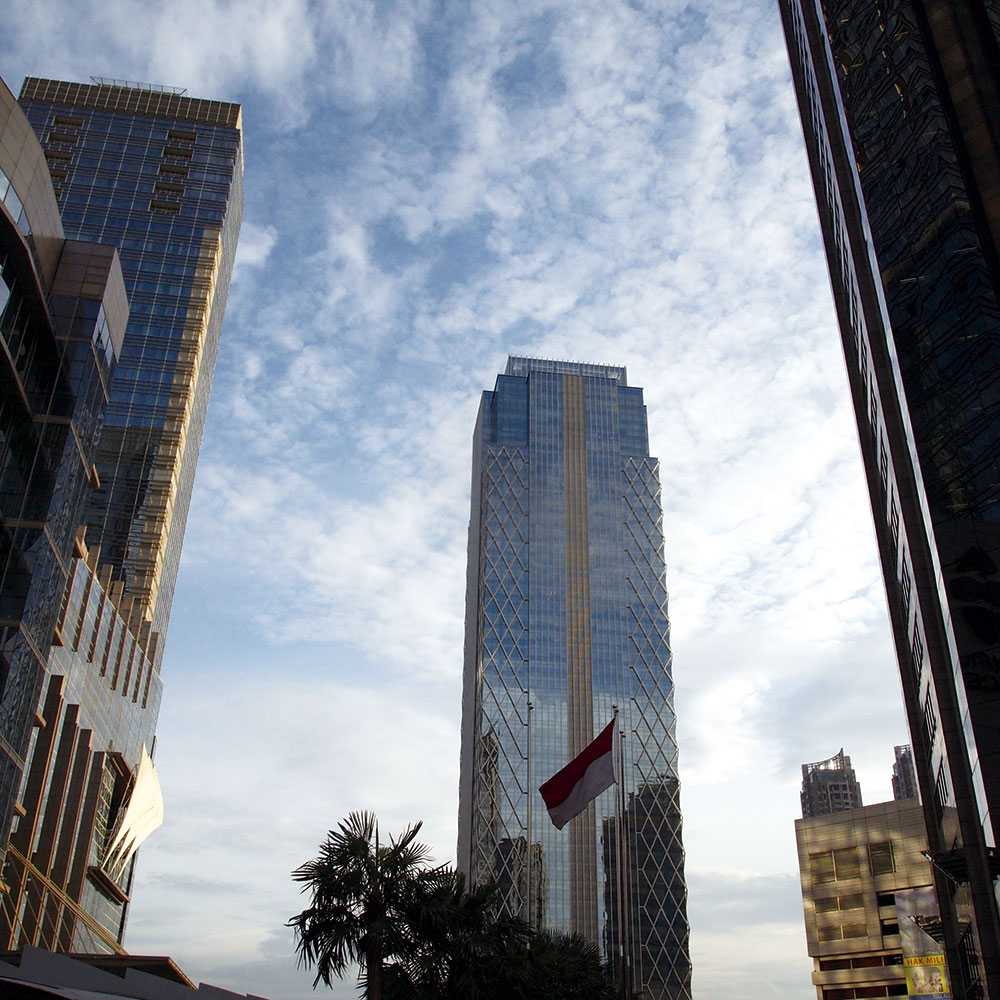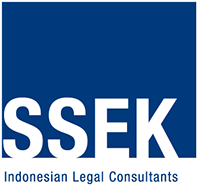Investment in Indonesia is subject to the Negative Investment List, or DNI. The current Negative Investment List was issued in 2016 through Presidential Regulation No. 44 of 2016 regarding the List of Business Fields that Are Closed and Business Fields that Are Conditionally Open for Investment.
There are three types of business in the 2016 Negative Investment List: those that are open to investment, those that are closed, and those that are open to investment with requirements.
New Investment List
A draft Presidential Regulation has been made public that contains a new Investment List. In the draft Investment List, all lines of business are open other than the six sectors mentioned below and those lines of business that can only be done by the Central Government.
Under the recently issued Omnibus Law on Job Creation, six sectors are closed to investment. Those are narcotics, gambling and/or casinos, harvesting of fish listed in the Convention on International Trade in Endangered Species of Wild Fauna and Flora (CITES), utilization or harvesting of coral, chemical weapons, and chemicals that might damage the ozone layer.
Open Lines of Business in Draft Investment List
- Priority lines of business (for which fiscal – tax holiday, tax allowance, investment allowance, customs and excise incentives – and non-fiscal facilities –ease of business licensing, immigration, labor, etc. – are available). The granting of these incentives shall be in accordance with laws and regulations.
- Allocated lines of business or partnership with cooperatives and micro, small and medium enterprises.
- Lines of business with certain conditions (i.e., reserved for domestic investment, limited foreign investment, and special licensing. Special licensing does not apply to:
- Capital investment through portfolio through domestic capital market;
- Businesses located in Special Economic Zones;
- Licenses already approved before the issuance of this regulation, unless those provisions were more beneficial to the investor and/or investors receiving special rights due to bilateral/multilateral agreements).
- Lines of business other than the above (these are open to all capital investors, both domestic and foreign).
Priority Lines of Business
A priority line of business must fulfil the following criteria:
- National strategic program/project;
- Capital-intensive;
- Labor-intensive;
- High-tech;
- Pioneer industry;
- Export oriented/import substitution; and/or
- Research, development and innovation-oriented.
DNI versus Draft Investment List
A large part of the 2016 Negative Investment List is a list of businesses open to investment with certain requirements. In the draft Investment List, a large part of the document is the priority list, while there are only four pages of the conditional investment list.
Acquisition, Merger, Consolidation
Under the draft Investment List, the rules on foreign ownership limitations are as follows:
- acquisition: foreign ownership limitation follows the acquired company as stated in the business license;
- merger: foreign ownership limitation follows the merger target company’s limitation; and
- consolidation: the provisions applicable at the time of the consolidation shall apply to the consolidated company.
ASEAN Investors
There is no mention of special treatment for ASEAN investors in the draft Investment List. This would be a departure from the 2016 Negative Investment List, which contains higher thresholds for foreign investment by investors from member countries of the Association of Southeast Asian Nations.
Limitations in Specific Sectors
It will be important to look at the different ministerial regulations issued for the different business sectors because provisions on foreign ownership limitations may differ between these ministerial regulations and the new Investment List. Note, however, that ministerial regulations rank below a Presidential Regulation in the Indonesian hierarchy of laws and regulations.
Other Changes in Draft Investment List
There are a number of significant changes in the draft Investment List. For example, distribution not affiliated with production is currently limited to 67% foreign ownership in the 2016 Negative Investment List, but it is not mentioned in the draft Investment List. Construction services as well as certain oil and gas supporting services which are now limited or even restricted for foreign ownership are also no longer mentioned in the draft Investment List, so theoretically, and subject to review of sectoral regulations, these businesses may be opened to 100% foreign investment.
For more information, please contact:

Stephen Igor Warokka, Partner
This publication is intended for informational purposes only and does not constitute legal advice. Any reliance on the material contained herein is at the user’s own risk. The contents of this publication may change subject to the issuance of the final version of the Investment List.






































 SSEK Legal Consultants
SSEK Legal Consultants Rusmaini Lenggogeni
Rusmaini Lenggogeni Denny Rahmansyah
Denny Rahmansyah





